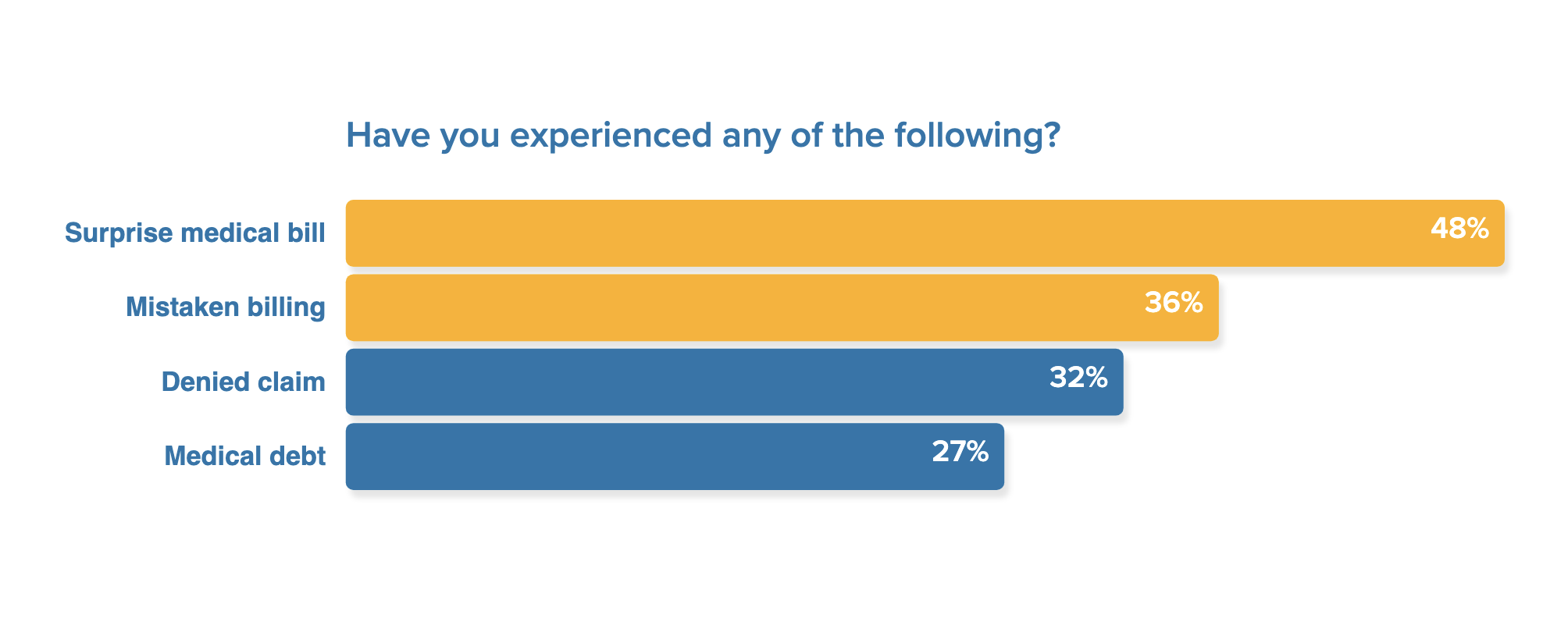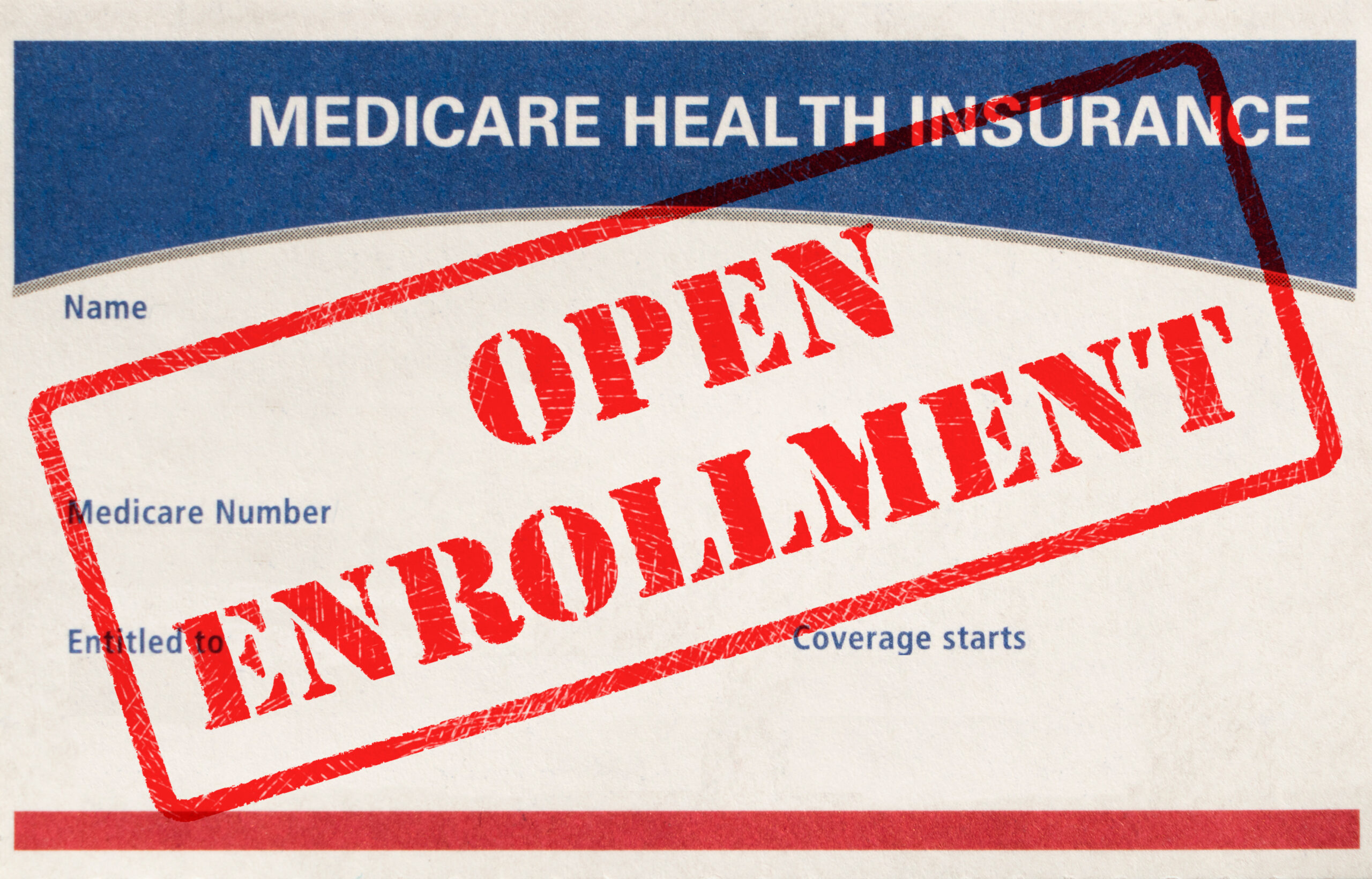Introduction
The number of older Americans is growing as baby boomers reach full retirement age. The Census Bureau reported that in 2020, there were roughly 56 million adults ages 65 and older in the U.S. However, by 2040, the bureau estimates that this number will exceed 80 million.
For many older Americans – especially those looking to relocate in retirement – comprehensive healthcare is a top concern. But not all places offer the same levels of affordability, access, and quality. A colonoscopy that averages just over $2,000 in Miami, for example, runs over $5,000 in Riverside-San Bernardino or New York.
In this study, HealthCare.com ranked the 20 largest metropolitan regions for older Americans’ health. We looked at 21 key factors such as average daily nursing home cost, hospitals per 100,000 people, and percentage of the 65+ population receiving preventative services.
Compare the cities on individual health metrics in the map above, and view the chart and table below for final rankings on cost, access and quality.

Top Metros for Older Americans’ Healthcare: Rankings
Best and Worst Metros for 21 Metrics Essential to Older Americans’ Healthcare
COST
- Health Care Cost Index (*average healthcare service prices compared to the national average)
- Best: Baltimore
- Worst: San Francisco
- Cheapest Available Medicare Part D Plan
- Best: Detroit
- Worst: Miami, Seattle and Tampa (tie)
- Average Annual Healthcare Spending as a Percentage of Income
- Best: San Francisco
- Worst: Chicago
- Daily Nursing Home Cost
- Best: Dallas
- Worst: San Francisco
- Average Colonoscopy
- Best: Miami
- Worst: New York
- Emergency Department Visit
- Best: Baltimore
- Worst: Denver
ACCESS
- Hospitals per 10,000 People
- Best: San Francisco
- Worst: Washington, D.C.
- Nurses per 1,000 People
- Best: Boston
- Worst: Atlanta
- Surgeons per 1,000 People
- Best: Boston
- Worst: Atlanta
- Nursing Homes per 10,000 People
- Best: Boston
- Worst: Atlanta
- Average Staff per Each Nursing Home Bed
- Best: Washington, D.C.
- Worst: Chicago
- Home Health Aides per 1,000 Workers
- Best: New York
- Worst: Miami
- Pharmacists per 1,000 Workers
- Best: Phoenix
- Worst: Washington, D.C.
QUALITY
- Percent of 65+ Population Receiving Preventative Services
- Best: Washington, D.C.
- Worst: New York
- Average Life Expectancy
- Best: San Francisco
- Worst: Detroit
- COVID-19 Local Risk
- Best: Seattle
- Worst: Detroit and Miami (tie)
- Emergency Department Visits per 1,000 Medicare Beneficiaries
- Best: Phoenix
- Worst: Boston
- Hospice Stays per 1,000 Medicare Beneficiaries
- Best: Miami
- Worst: New York
- Cardiovascular Deaths per 100,000 People Ages 65+
- Best: Minneapolis-St. Paul
- Worst: Detroit
- Stroke Deaths per 100,000 People Ages 65+
- Best: New York
- Worst: Houston
- All Teeth Lost Among Adults Ages 65+
- Best: Seattle
- Worst: Detroit
| Metro | Rank | Score | Cost | Access | Quality |
|---|---|---|---|---|---|
| Minneapolis-St. Paul | 1 | 70.80 | 21.68 | 24.51 | 24.60 |
| Boston | 2 | 64.63 | 17.51 | 26.89 | 20.22 |
| Los Angeles | 3 | 58.15 | 11.95 | 22.85 | 23.35 |
| Seattle | 4 | 57.10 | 13.90 | 15.47 | 27.73 |
| Baltimore | 5 | 55.86 | 26.13 | 19.52 | 10.22 |
| Denver | 6 | 52.95 | 18.63 | 12.85 | 21.48 |
| San Diego | 7 | 52.48 | 13.62 | 14.04 | 24.81 |
| Phoenix | 8 | 52.23 | 14.18 | 15.95 | 22.10 |
| San Francisco | 9 | 51.52 | 8.62 | 19.75 | 23.14 |
| New York | 10 | 50.56 | 11.12 | 20.47 | 18.97 |
| Miami | 11 | 50.34 | 19.74 | 18.09 | 12.51 |
| Philadelphia | 12 | 49.38 | 16.68 | 24.99 | 7.71 |
| Washington D.C. | 13 | 48.60 | 21.68 | 10.23 | 16.68 |
| Dallas | 14 | 48.30 | 22.52 | 14.52 | 11.26 |
| Chicago | 15 | 47.40 | 18.35 | 15.71 | 13.34 |
| Tampa | 16 | 46.57 | 11.95 | 18.56 | 16.05 |
| Detroit | 17 | 46.13 | 19.74 | 21.18 | 5.21 |
| Houston | 18 | 45.33 | 21.13 | 13.57 | 10.63 |
| Atlanta | 19 | 41.83 | 19.74 | 5.00 | 17.10 |
| Riverside-San Bernardino | 20 | 41.06 | 10.01 | 14.99 | 16.05 |
Methodology
To find the best places for older Americans’ health, HealthCare.com compared the 20 largest metro areas across three key categories: 1) Cost, 2) Access and 3) Quality.
We analyzed those categories using 21 relevant metrics, which are detailed below. Each metric was graded on a 100-point scale, with a score of 100 representing the best healthcare quality and access for older Americans at the most affordable cost.
Lastly, we determined each metro area’s weighted average across all metrics to calculate its overall score, and used the resulting scores to rank our sample.
Cost – Total Points: 33.33
- Health Care Cost Index: Full Weight
- Cheapest Available Medicare Part D Plan: Full Weight
- Average Annual Healthcare Spending as a Percentage of Income: Full Weight
- Daily Nursing Home Cost: Full Weight
- Average Colonoscopy: Full Weight
- Emergency Department Visit: Full Weight
Access – Total Points: 33.33
- Hospitals per 10,000 People: Full Weight
- Nurses per 1,000 People: Full Weight
- Surgeons per 1,000 People: Full Weight
- Nursing Homes per 10,000 People: Full Weight
- Average Staff per Each Nursing Home Bed: Full Weight
- Home Health Aides per 1,000 Workers: Full Weight
- Pharmacists per 1,000 Workers: Full Weight
Quality – Total Points: 33.33
- Percent of 65+ Population Receiving Preventative Services: Full Weight
- Average Life Expectancy: Full Weight
- COVID-19 Local Risk: Full Weight
- Emergency Department Visits per 1,000 Medicare Beneficiaries: Full Weight
- Hospice Stays per 1,000 Medicare Beneficiaries: Full Weight
- Cardiovascular Deaths per 100,000 People Ages 65+: Full Weight
- Stroke Deaths per 100,000 People Ages 65+: Full Weight
- All Teeth Lost Among Adults Ages 65+: Full Weight
Sources: Data used to create this ranking were collected from the Health Care Cost Institute, Centers for Medicare & Medicaid Services, Centers for Disease Control and Prevention (CDC), Bureau of Labor Statistics (BLS), Census Bureau, Fair Health, American Council on Aging, NYU Langone Health City Health Dashboard.



